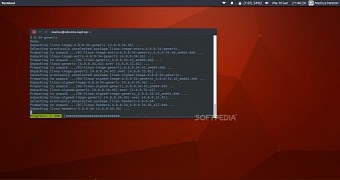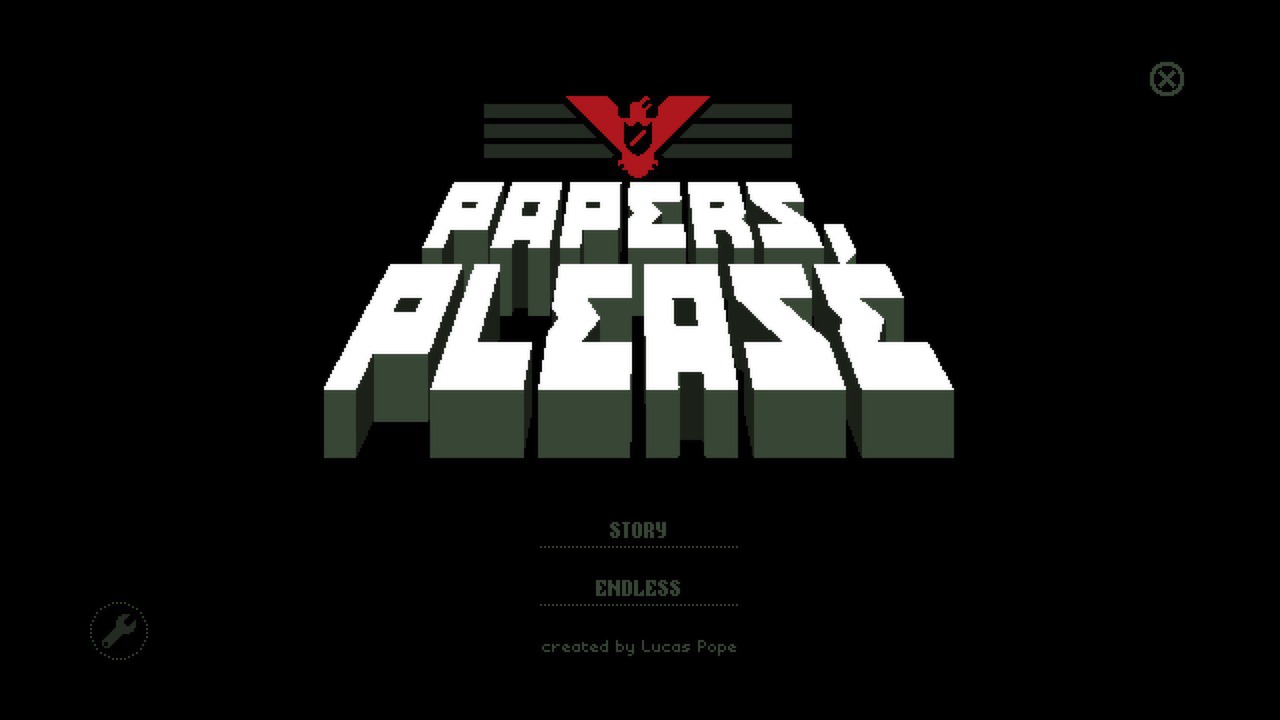Key Points
- Canonical achieves ISO/IEC 27001 certification for its Information Security Management System (ISMS), demonstrating its commitment to cybersecurity standards.
- The certification ensures that Canonical’s open-source products and services meet the highest global standards for confidentiality, integrity, and availability.
- This milestone boosts customer confidence in Canonical’s ability to safeguard internal and customer data, supplier information, and corporate infrastructure.
As a tech journalist reporting on Ubuntu news, I’m excited to share the latest development from Canonical, the company behind the popular Linux distribution. Canonical has achieved the prestigious ISO/IEC 27001 certification for its Information Security Management System (ISMS). This certification is a significant milestone for the company, demonstrating its commitment to cybersecurity standards that safeguard open-source products and services.
The ISO/IEC 27001 certification is a globally recognized standard that ensures an organization’s ISMS meets the highest standards for confidentiality, integrity, and availability. To achieve this certification, Canonical underwent an extensive assessment by A-LIGN, a respected certification provider. The assessment evaluated Canonical’s policies, processes, and controls to ensure they meet the required standards.
Stephanie Domas, CISO at Canonical, praised the team’s efforts, stating that achieving the ISO 27001 certification is a testament to their unwavering commitment to information security. This certification validates that Canonical’s processes meet the highest global standards, giving customers and partners confidence in the security of their data.
This certification is particularly significant for Ubuntu users and the broader Linux community. It demonstrates Canonical’s dedication to protecting user data and ensuring the security of its open-source products and services. With this certification, customers can trust that their data is protected with the highest level of security, meeting the most demanding enterprise environments.
The achievement of this certification also highlights Canonical’s leadership in the open-source ecosystem. By prioritizing cybersecurity and investing in the development of robust security protocols, Canonical is setting a high standard for the industry. This certification will likely have a positive impact on the adoption of Ubuntu and other Canonical products in enterprise environments, where security is a top priority.
As the open-source landscape continues to evolve, security remains a top concern for users and organizations. Canonical’s commitment to cybersecurity and its achievement of the ISO/IEC 27001 certification demonstrate a clear understanding of this need. By prioritizing security and investing in the development of robust security protocols, Canonical is empowering users to trust its products and services.
In the world of open-source software, security is a collective responsibility. Canonical’s achievement of the ISO/IEC 27001 certification serves as a reminder of the importance of collaboration and cooperation in ensuring the security of open-source products and services. As users, we must remain vigilant and demand high standards of security from the companies and organizations we trust with our data.
With this certification, Canonical is sending a clear message to the industry: security is a top priority, and the company is committed to protecting user data with the highest level of security. As we look to the future of open-source software, it’s clear that security will remain a critical concern. With Canonical’s leadership in this area, we can expect to see continued innovation and investment in security protocols, ultimately benefiting the entire Linux and open-source community.
Upgrade your life with the Linux Courses on Udemy, Edureka Linux courses & edX Linux courses. All the courses come with certificates.








